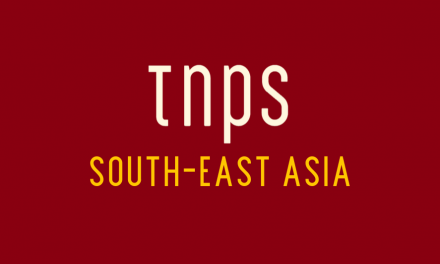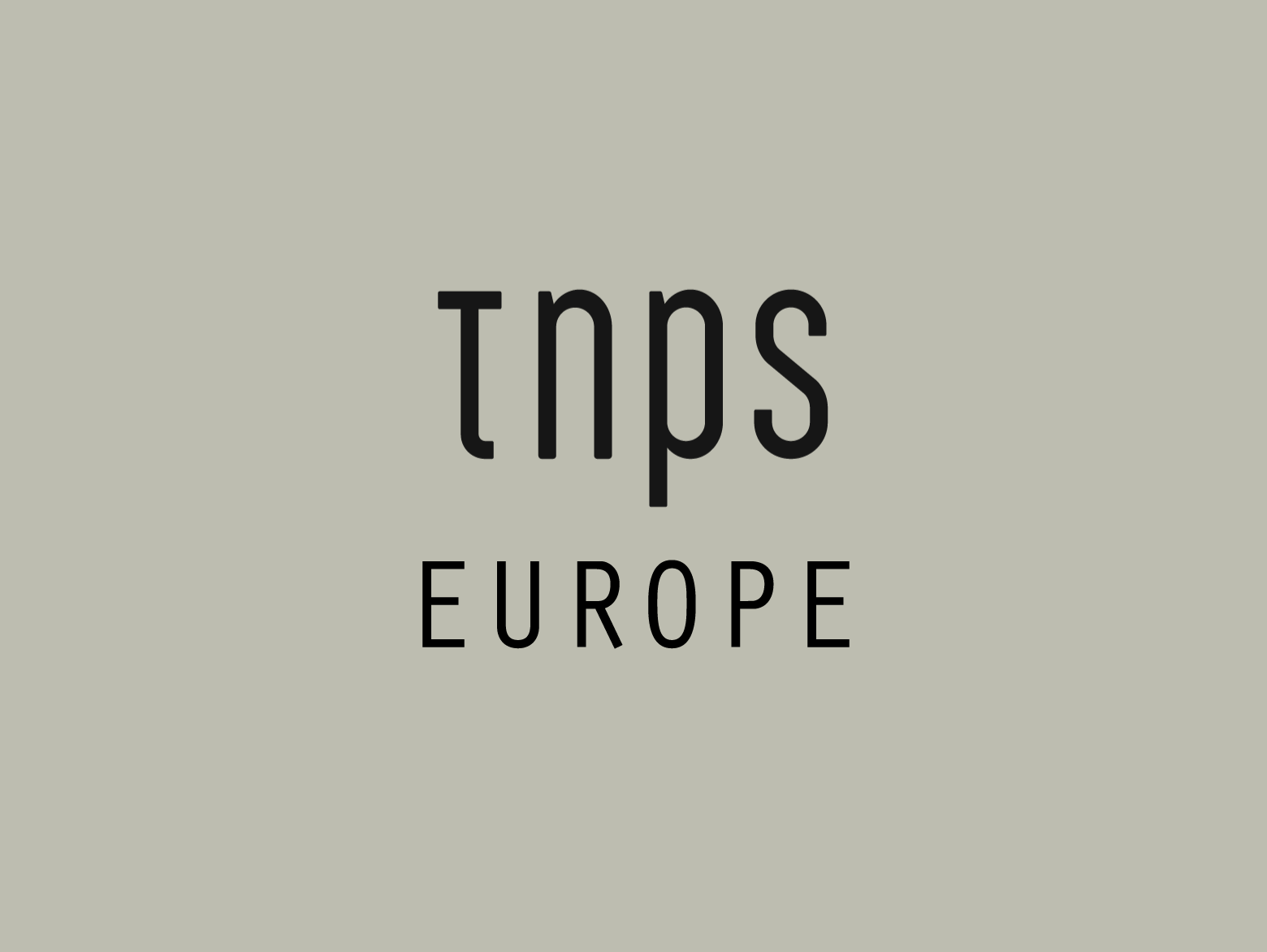You couldn’t make it up. A publisher in Israel finds a collection of texts written in Arabic by women, steals a cover image from a Lebanese artist, and publishes them as a book, justifying the piracy by saying the book is giving exposure to writers “whose voices have been silenced for years,” and is an act of salvation.
None of the women submitted their texts to this publisher. None of the women were asked by this publisher if their texts could be reproduced. And of course none of these women received any royalties.
Hyperallergic explains,
Titled Huriya (a transcription of the Arabic word for Freedom), the book gathers stories by 45 women writers from 20 predominantly Arabic-speaking countries, stretching from the Persian Gulf across North Africa. Among those are renowned writers such as Farah El-Tunisi (Tunisia), Ahlam Mosteghanemi (Algeria), Fatma El-Zahra’a Ahmad (Somalia), and Nabahat Zine (Algeria).The anthology treats the subject of freedom by showcasing works written in the aftermath of the Arab Spring revolutions which, according to Fragman has brought about a “literary spring” as well.
Resling Books is held in high regard locally for its catalogue of quality theoretical and political publications. The anthology was published under a new experimental prose section named VASHTI. Last May, the publisher held a “soft launch” event for the book at a Tel Aviv bookstore. Roni Felsen, a local activist who attended the event, told Hyperallergic that Fragman confessed in front of the audience that he did not have permission from the writers to publish their works
The publisher’s eventual explanation beggars belief.
This entire story of translation is an issue by itself especially when it’s from Arabic. It’s a different kind of category. When you translate from English, you deal with norms, you have a subject and you ask for rights. We as a publisher do it all the time, and we never publish foreign works without permission. It’s different in the Arab countries, where there are no publishers. Some of these countries have no ties with us [Israel], so there’s no one to contact.
In that respect, a symmetry exists. Books by Resling were translated and published there without permission as well…Here we’re not even talking about books, but short stories. In many cases, the writers wouldn’t even be practically allowed give us their permission.
These women are putting a call out to the world. This is literature written in body and blood, for some of them it’s a [sic] SOS signal which reaches us thanks to technology….so that we can use it to save lives. Who will hear the cries of these women? In the past, these women could cry out in their kitchen…or in the field, heard only by god maybe? Now somebody is taking these cries, translates them and voices [sic] them here in Israel… It’s important to us that the voices of these women are heard…We take it as their salvation.
Read the full story in English over at Hyperallergic or in French via Actualitté.





